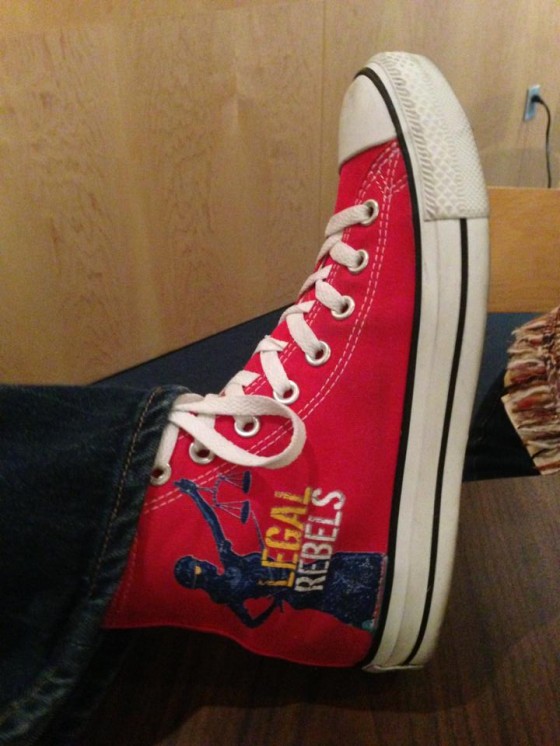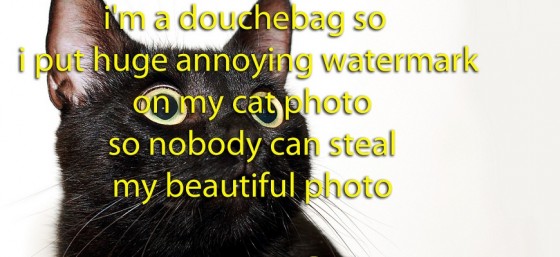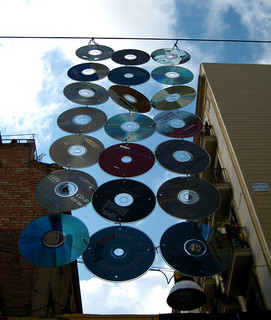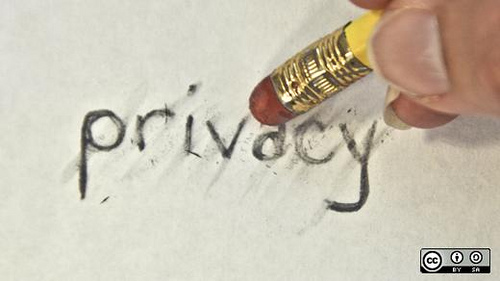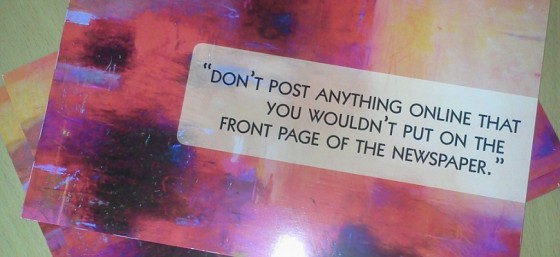
I cringe every time I hear people says they use Google Images to find pictures for their websites because I know most of them are using anything they find in the search results without adjusting the settings to only show images that give them permission to use them. And I love it when people, especially entrepreneurs, use Creative Commons, seek out other sources for free images, or purchase a license to use images from iStock. Unfortunately, there are times when business owners think they are doing everything right, and they don’t realize they’re not until they’re threatened with legal action.
I have heard about a few situations over the years when someone has stolen images from a photographer and made their work available for free without the artist’s permission. Sometimes the person who steals the original image cuts off the photographer’s watermark or signature before posting them online. These photo thieves may post these images on their own site as free images or wallpaper. You might download this work and use it on your site, thinking that you are acting within the limits of the law.
When the photographer realizes that their work has been stolen, they’ll probably be angry – and they might send letters than demand payment or threaten legal action to every site where their work has appeared without their permission. And rightfully so – as the copyright holder, they have exclusive right to control where their work is copied and distributed. The fact that you didn’t know that you were doing anything wrong will not absolve you. If you’ve used an image where the watermark or other copyright notice was removed, they could accuse you of committing copyright infringement (punishable by up to $150K in statutory damages per violation) and removing the copyright management information to facilitate the infringement (punishable by up to an additional $25K per violation).
So what do you do if you receive one of these demand letters? Contact a copyright lawyer immediately. You want to verify that the claim is legitimate and strategically plan your response. If the claim is legit, the artist likely wants you to pay their licensing fee and/or stop using their image. It’s probably best to let your lawyer respond on your behalf but if you choose to respond to the letter yourself, it’s a good idea to have your lawyer at least review your response before you send it to make sure that it’s thoughtful and reasonable.
What should you do to avoid this type of problem in the first place? Be leery of free wallpaper sites. I have more faith in images I find through Creative Commons – though it is possible that someone could steal another’s image and make it available with a Creative Commons license. You can always run the image you want to run the image through the Google Image search engine to see where else it is being used online. That may help you determine if the image might be stolen. If there ever is an image that you want to use on your site and you’re unsure if you have permission to use it, explicitly ask the artist for their permission.
If you want to learn more about copyright issues on the internet, please check out my book The Legal Side of Blogging: How Not to get Sued, Fired, Arrested, or Killed. It has several chapters dedicated to copyright. You can connected with me on Twitter, Facebook, YouTube, LinkedIn, or you can email me. You can also subscribe to the Carter Law Firm newsletter.
Please visit my homepage for more information about Carter Law Firm.

